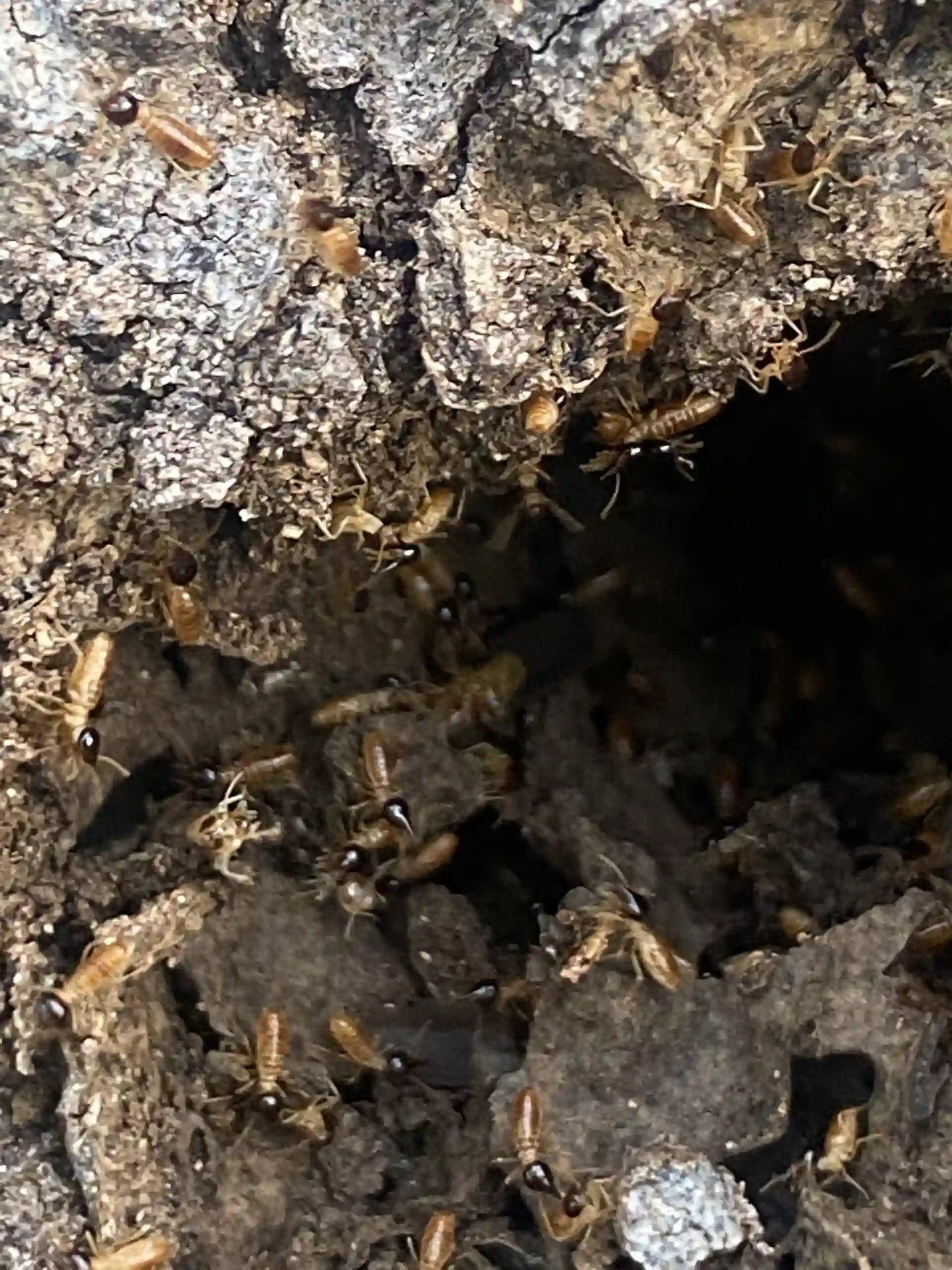What Termite Treatment is Most Effective?
Termites are a serious problem for homeowners. They can cause extensive damage to your home, and they can be very difficult to get rid of. If you think you may have a termite problem, it’s important to take action immediately and select the right termite treatment.

There are a variety of termite treatments available, but not all of them are created equal. Some treatments are more effective than others, and some are more expensive. In this blog post, we will discuss the different types of termite treatments and help you decide which one is right for your home.
What are the signs of a termite infestation?
There are a few signs that you may have a termite infestation. One sign is the presence of mud tubes. Termites build these tubes to travel from their nest to food sources. You may also see termites themselves, or their droppings, which look like small, dark pellets. If you see any of these signs, it’s important to call a professional pest control company to inspect your home.

What are the different types of termite treatments?
There are a few different types of termite treatments available. The most common type is chemical treatment. This involves injecting or spraying a chemical into the soil around your home. This chemical will kill the termites that come into contact with it.
Another type of termite treatment is baiting. This involves placing bait stations around your home. The termites will eat the bait, which is laced with a poison. The poison will kill the termites that eat it, as well as the queen termite.
Finally, there is heat treatment. This involves heating your home to a high temperature, which will kill the termites. This is a more expensive option, but it is very effective.
How do you know which treatment is best for your home?
The best way to decide which termite treatment is right for your home is to consult with a professional pest control company. They will inspect your home and determine the extent of the infestation. They will then recommend the best treatment for your specific situation.

What are the costs of termite treatments?
The cost of termite treatment will vary depending on the type of treatment you choose, the size of your home, and the extent of the infestation. Chemical treatment is the most common type of treatment, and it is also the most affordable. Baiting is a more expensive option, but it is very effective. Heat treatment is the most expensive option, but it is also the most effective.
What are some of the needed precautions for a termite infestation?
There are a few things you can do to prevent termite infestations. One thing you can do is to keep your home clean and free of debris. Termites are attracted to wood, so it’s important to keep your woodpiles away from your home. You should also seal any cracks or openings around your foundation.
What now?

Termites are a serious problem, but there are effective treatments available. If you think you may have a termite problem, it’s important to take action immediately. Rove Pest Control keeps a national database of trusted providers to simplify your process.
About Rob Greer: Pest Control Expert and Industry Leader
Rob Greer, co-founder of Rove Pest Control, has a deep connection with nature, developed during his upbringing in rural Idaho where he raised horses and cattle. He began his career in pest control in 2001 to support his university studies. After earning a BS in Business Management, Rob, along with Lenny Gray and McKay Bodily, founded Rove Pest Control.
Rob has played a pivotal role in shaping the operational framework of Rove Pest Control, with a focus on personal development for team members, public health awareness, and tailoring services to meet the needs of individuals and communities.
As an Associate Certified Entomologist (ACE) and Subject Matter Expert (SME), Rob has made significant contributions to the pest control industry. He has collaborated on the Minnesota Department of Agriculture’s UMN Extension certification manual and exam development, the National Pesticide Applicator Certification Core Manual for the EPA, and the Quality Pro Customer Service Credential Task Force. His expertise has also been recognized in his testimony for the pest control industry before the Minnesota state legislature as a State Policy Affairs Representative. Currently, Rob serves as the President of the Minnesota Pest Management Association Board. Learn more about Rob Greer.
